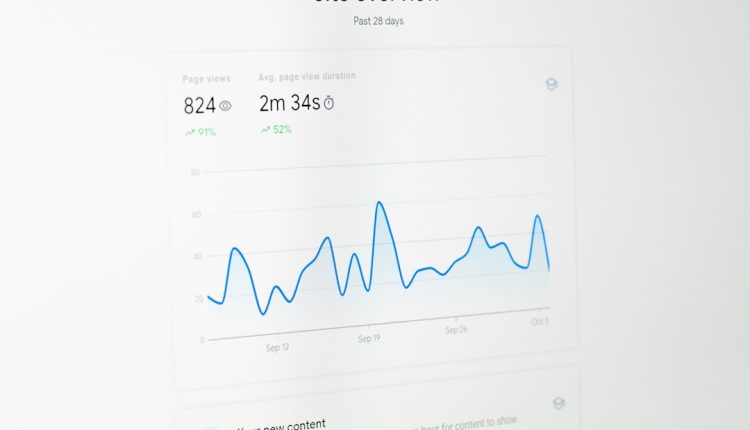Ever wonder why some websites always show up first in Google search results? It’s not magic. It’s all thanks to search engine algorithms. These tricky bits of code decide which content is seen first and which gets lost on page 12. Let’s explore how these algorithms affect what you read—and trust—online.
Imagine you’re looking up how to bake a cake. You type it into a search engine. Boom! A list of sites appears. But how did those results get chosen? Did Google taste test the cakes? Not quite.
Search engine algorithms scan the entire internet and make decisions based on hundreds of tiny factors. These include:
- Keywords on the page
- Backlinks from other websites
- User behavior, like how long people stay on a site
- Content freshness – is it new?
- Mobile-friendliness
These algorithms are always changing. Google updates its search engine hundreds of times a year. Some updates are small. Others shake up the internet like an online earthquake.
So, how does this impact content credibility? A lot, actually.
The info we see first is what most of us believe. Few people dig past page one on search results. So if a site ranks high—even if it’s wrong—we’re more likely to trust it. Scary, right?
But there’s good news. Search engines are getting smarter. They’re trying to promote quality and credibility. That means sites that are:
- Written by experts
- Backed by facts
- Linked to by trustworthy sources
These sites often rank higher. That helps keep false facts or “fake news” out of the spotlight.

Still, it’s not perfect. Sometimes pages with clickbait titles or sensational claims climb high in rankings. Why? Because these pages often get a lot of clicks. And that tells the algorithm, “Hey, people like this!”
But clicks don’t always equal truth. A flashy headline might not deliver reliable information. This is where you come in. You have to read smart. Think like a detective!
When checking if online content is credible, ask yourself:
- Does this site quote real experts?
- Are there sources or citations?
- Is the site full of ads and pop-ups?
- What’s the tone—informative or overly dramatic?
Remember, just because something is #1 doesn’t mean it’s the best. It just means the algorithm thinks it’s relevant. Not necessarily correct.
Here’s the fun twist: creators now write content for the algorithm. That’s called SEO—Search Engine Optimization. Writers stuff in keywords. They add headings and links. They format in ways machines love. And that helps them climb the search rankings.
Now, this isn’t bad if the content’s good. But if someone fakes expertise just to rank high, then we’ve got a problem. It becomes harder to tell what’s legit and what’s just clever web design.

It’s a bit like students writing essays just to impress the teacher, not to say something important.
So, what’s the solution? Search engines are working to reward trustworthy content. They’re adding features like:
- Fact-check labels
- Author bios to show expertise
- Website reputation indicators
We, as users, have a role too. When you find high-quality content, stay on the page, share it, and interact. That “tells” the algorithm it’s good stuff.
Algorithms may guide what we see, but they don’t have brains. They follow patterns, not truth. So it’s up to each of us to stay curious and check before trusting what we read.
The search engine might lead you to the door. But you decide whether to walk inside.

